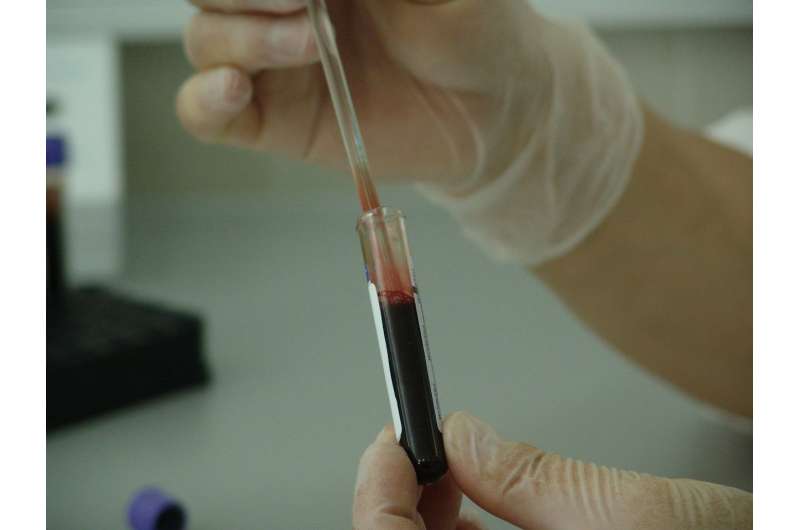While liquid biopsies are a promising, non-invasive way to detect and monitor cancer as it progresses, they aren’t as sensitive or accurate for the early stages of disease.
Researchers at the University of Chicago have now developed a more sensitive liquid biopsy test that uses RNA instead of DNA for detecting cancer.
Using blood samples from patients with colorectal cancer, the test was able to detect the earliest stages of the disease with 95% accuracy, vastly improving on current, commercially available, non-invasive testing methods.
Challenges to early diagnosis
When tumor cells die, they disintegrate and release particles of genetic material into the bloodstream. Standard liquid biopsies rely on this floating DNA, called circulating cell-free DNA (cfDNA), to detect cancer. In the early stages of disease, when tumor cells are still growing and thriving, however, there isn’t very much cfDNA in the bloodstream.

